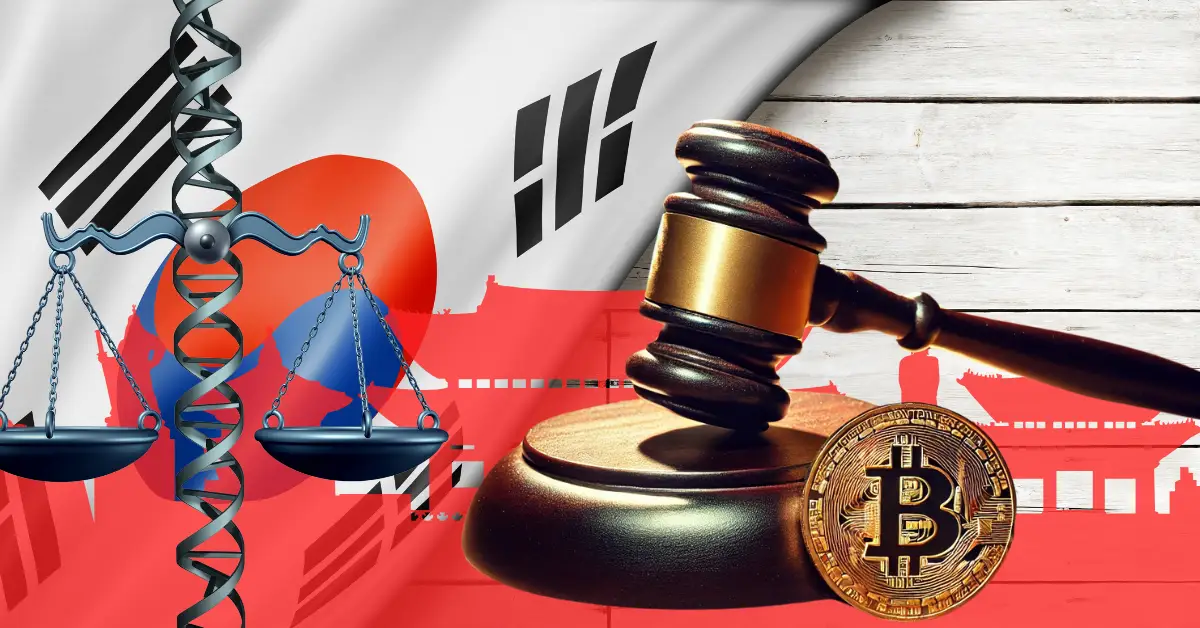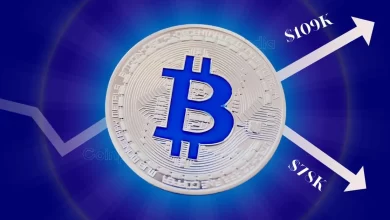
South Korea is cracking down on unregistered foreign crypto exchanges, threatening blocks and sanctions.
Both foreign and local crypto platforms in South Korea face increasing regulatory scrutiny and investigations.
South Korea's strict crypto regulations could deter investors, potentially shifting them to more crypto-friendly countries.
South Korea is once again tightening its grip on the cryptocurrency industry, and this time, foreign exchanges like KuCoin and BitMEX are in trouble. Authorities have flagged multiple platforms for operating illegally without proper registration. These exchanges have been offering services to South Korean investors – providing Korean-language websites, marketing, and customer support – without following local laws.
Now, the government is stepping in, and the consequences could be serious. Officials are looking to block access to these platforms and take strict action within the year. With major exchanges on the line and South Korea’s crypto policies getting tougher, the industry is bracing for impact.
So, what happens next? Let’s take a closer look.
South Korea Gets Serious About Crypto Regulation
Regulators in South Korea are known for their strict stance on crypto, and they are ramping up efforts to enforce the law. The country’s Financial Intelligence Unit (FIU) is working with the Korea Communications Standards Commission to investigate investor losses and strengthen oversight. Any exchange that fails to register as a Virtual Asset Service Provider (VASP) under the Specific Financial Information Act is now under intense scrutiny. The government’s message is clear – if you want to operate in South Korea, you must follow the rules.
Which Exchanges Are at Risk?
Major exchanges like KuCoin, BitMEX, CoinW, Bitunix, and KCEX are among those facing potential sanctions. Local reports suggest that authorities are already discussing enforcement measures with other agencies. This crackdown follows South Korea’s recent decision to reject Bitcoin as a strategic reserve asset due to its volatility.
At the same time, the Bank of Korea is moving forward with a central bank digital currency (CBDC) pilot, set to last three months starting in April.
Local Exchanges Under Investigation
It’s not just foreign platforms under pressure – local exchanges are also being investigated. Prosecutors recently raided Bithumb over allegations that its former CEO, Kim Dae-sik, misused company funds to buy an apartment. Bithumb has denied any wrongdoing, saying that Kim had already taken a loan to repay the money.
Meanwhile, reports suggest that intermediaries were paid millions to get crypto projects listed on major South Korean exchanges like Bithumb and Upbit. In response, Upbit has demanded transparency, asking for a full list of projects involved in these alleged deals.
Is South Korea Pushing Investors Away?
While strict regulations help protect investors and prevent fraud, too much control could drive businesses and investors elsewhere. As other countries compete to attract crypto innovation, South Korea’s tough stance may push companies to seek friendlier markets.
Finding the right balance between regulation and growth will be crucial for South Korea’s future in the crypto industry.
Never Miss a Beat in the Crypto World!
Stay ahead with breaking news, expert analysis, and real-time updates on the latest trends in Bitcoin, altcoins, DeFi, NFTs, and more.







